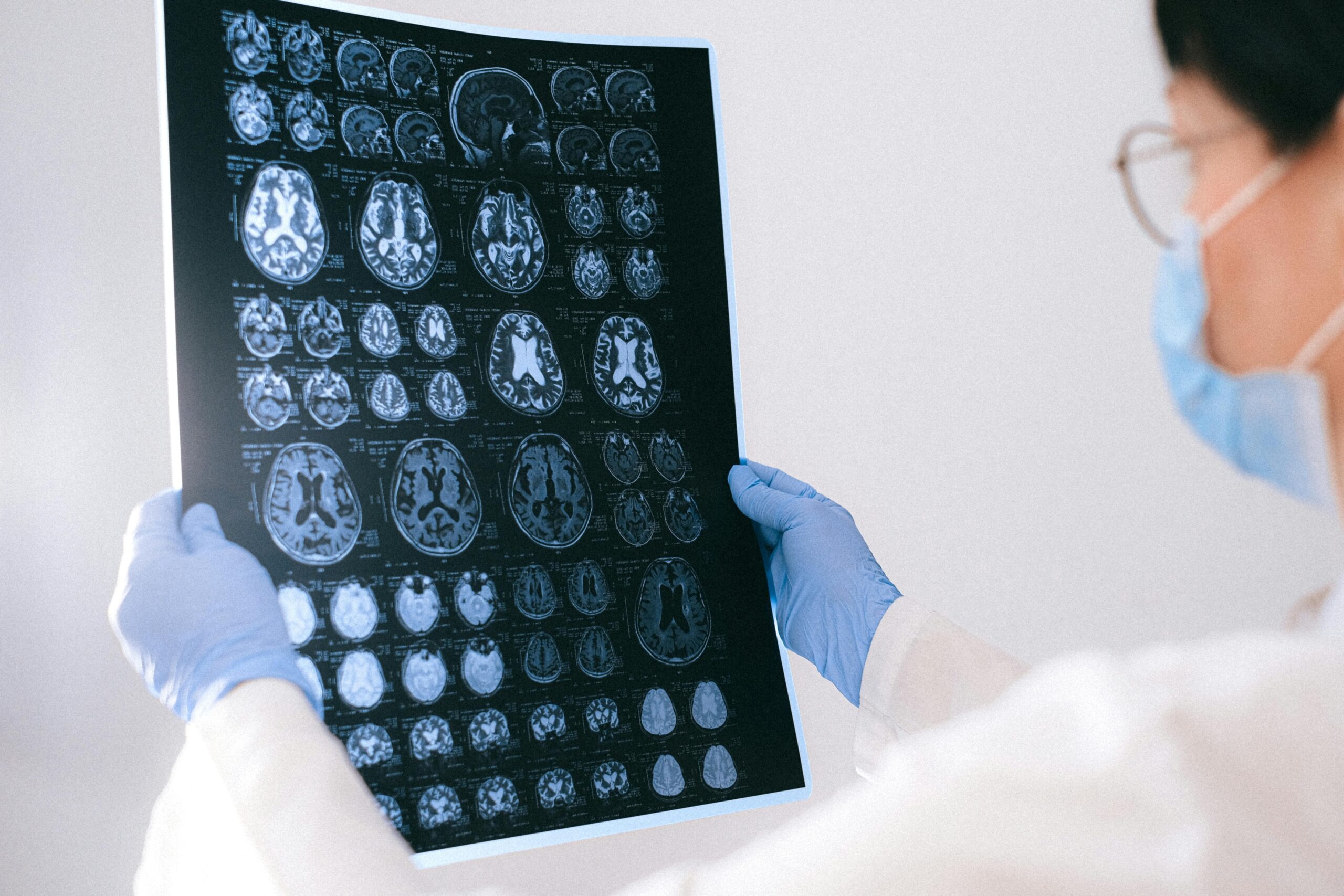Alzheimer’s Care Solutions
Come Relax and ReThink
Alzheimer's Care Solutions
Call for Pricing
Alzheimer’s Disease: Understanding and Managing the Journey
Overview of Alzheimer’s Disease
Alzheimer’s Disease (AD) is the most common form of dementia, affecting millions worldwide. It often begins with memory loss and, as it progresses, may include confusion, mood changes, and challenges with language and daily functioning. While current treatments provide some symptom relief, ongoing research aims to better understand and manage this complex condition.
Approaches to Alzheimer’s Care
While there is no definitive way to prevent Alzheimer’s, research suggests that lifestyle factors, including diet, cardiovascular health, and mental engagement, may play a role in supporting cognitive health. Here are some key areas of focus:
-
Nutrition: A diet rich in fruits, vegetables, whole grains, and healthy fats may support cognitive health. Components of the Mediterranean diet, such as olive oil, fish, and certain vitamins, have been studied for their potential benefits.
-
Cardiovascular Health: Managing cardiovascular risk factors like blood pressure and cholesterol may reduce risks associated with Alzheimer’s. Certain medications, including non-steroidal anti-inflammatory drugs (NSAIDs), have shown promise in reducing risk factors.
-
Mental Engagement: Activities like reading, puzzles, and social interaction are associated with delayed cognitive decline. Engaging the brain regularly may contribute to cognitive resilience.
Latest Advances in Alzheimer’s Treatment
Recent treatments aim to slow disease progression. For example, FDA-approved treatments like lecanemab have shown promise in slowing cognitive decline in early Alzheimer’s by targeting specific brain proteins. Additionally, new therapies, such as donanemab, have demonstrated progress in clinical trials, potentially reducing Alzheimer’s progression.
Exploring Comprehensive Approaches
Managing Alzheimer’s requires a comprehensive approach. Treatments like Therapeutic Plasma Exchange (TPE) have shown potential, as demonstrated in the Alzheimer’s Management by Albumin Replacement (AMBAR) study, which observed reduced decline and improvements in quality of life among participants with mild Alzheimer’s.
Alzheimer’s Disease remains a challenging condition, but with ongoing research and a multi-faceted approach to care, advancements continue to support those affected and their loved ones.
FREE Webinar: Understanding Alzheimer’s Disease – Latest Research, Care Options, and Prevention Insights
Alzheimer’s Disease (AD) is the most common form of dementia, affecting millions globally. Join us for an informative webinar exploring Alzheimer’s, from early symptoms like memory loss to advanced stages affecting cognition, behavior, and overall health. This session provides valuable insights into AD’s biological mechanisms, including the roles of plaques and tangles in the brain, and reviews the effectiveness of current approaches in managing symptoms.
The webinar will highlight recent advancements in Alzheimer’s care, including FDA-approved options like lecanemab and donanemab, which offer new hope in slowing cognitive decline. While progress has been made, ongoing research seeks solutions that go beyond symptom management.
We will also discuss how lifestyle factors—such as diet, cardiovascular health, and mental engagement—may influence Alzheimer’s risk. Attendees will learn about innovative approaches, such as Therapeutic Plasma Exchange (TPE), and their potential impact on quality of life.
This webinar is ideal for healthcare providers, caregivers, and anyone seeking up-to-date knowledge on Alzheimer’s disease, research developments, and prevention strategies.
Key Topics Covered:
- Alzheimer’s Disease Overview: Symptoms and Stages
- Current Options for Managing Alzheimer’s
- Lifestyle Factors in Alzheimer’s Prevention
- New Advances: Lecanemab, Donanemab, and TPE
- Future Directions in Alzheimer’s Research
Sign Up For Our Webinar Below:

